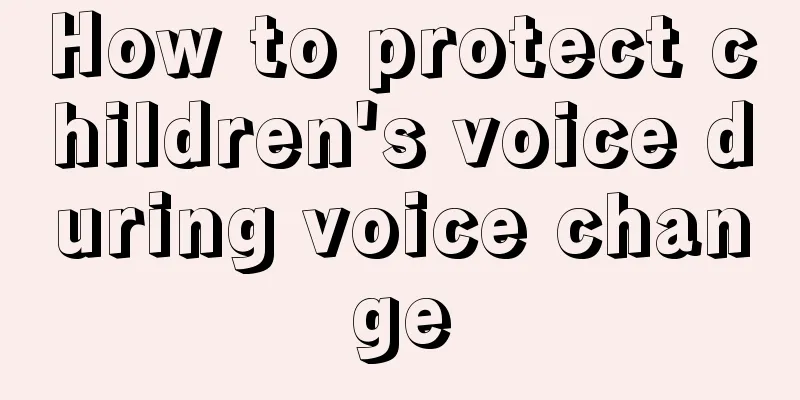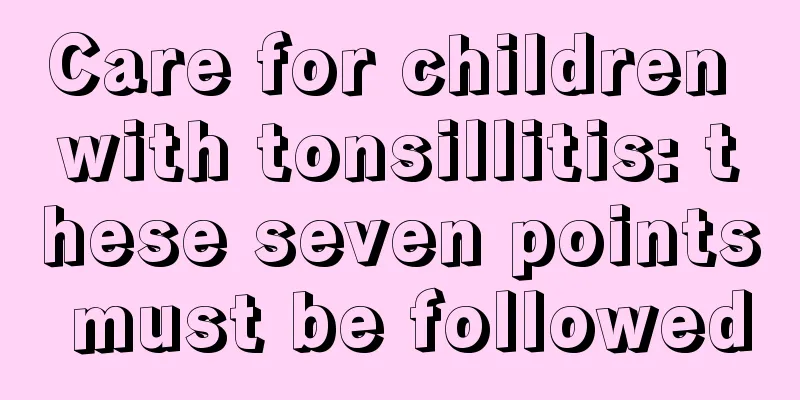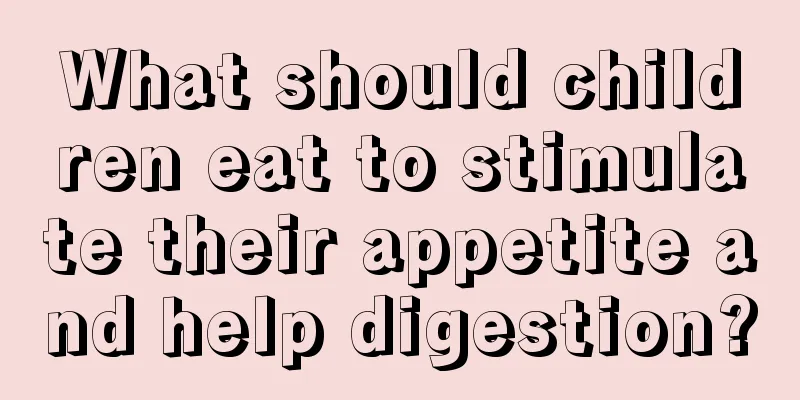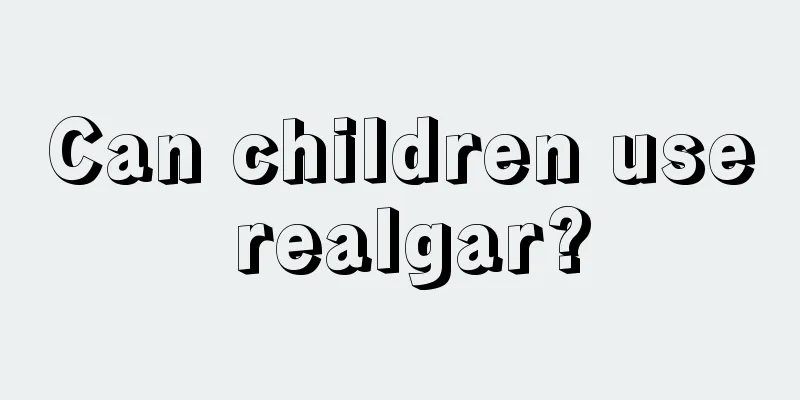What are the classifications of rickets in children?

|
I believe everyone is familiar with rickets, which is common in children and is generally caused by a lack of vitamin D in the body. In fact, there are many classifications of rickets in children. Targeted treatment is required according to different classifications. The above types are summarized by me. I hope my summary can be of some help to you. 1. Hypophosphatemic and vitamin D-resistant rickets: It is a hereditary disease and the symptoms of active rickets are still present after 2-3 years of age. The blood calcium level is normal, the blood phosphorus level is significantly reduced, and the normal dose of vitamin D treatment is ineffective. This is one of the types of rickets in children. 2. Distal renal tubular acidosis: The patient is short, has metabolic acidosis, polyuria, low blood calcium, low blood phosphorus, and low blood potassium. This is one of the types of rickets in children. 3. Vitamin D-dependent rickets: It is a hereditary disease caused by the body's inability to convert vitamin D into active vitamin D to exert its effect, or the body's lack of response to active vitamin D. This is one of the types of rickets in children. 4. Renal rickets: It is caused by chronic renal dysfunction leading to calcium and phosphorus metabolism disorders. This is one of the types of rickets in children. 5. Hepatic rickets: It is caused by liver disease which hinders the absorption of vitamin D or the production of active vitamin D. To sum up, there are many causes of rickets in children, which should be analyzed specifically. If your child is 5 years old and still has rickets, it is recommended that you take your child to the pediatric department of the hospital for a detailed examination to determine the cause and then receive treatment. This is one type of rickets in children. What are the classifications of rickets in children? Combined with my summary above, and in combination with the patient's own condition, targeted treatment can be carried out. However, it must be treated under the examination of a regular hospital. In addition, more nutrients need to be supplemented for the baby to help with the treatment and recovery of the disease. I hope I can help you and wish you health and happiness. |
<<: Clinical manifestations of rabies in children
>>: What are the preventive measures for rickets in children?
Recommend
Treatment of a two-month-old baby's cough with phlegm
Western medicine believes that cough is not a dis...
Nursing after hernia surgery for children
As long as there is surgery, there will definitel...
How long does it take for a newborn to drink water?
Can newborns drink water? The answer is definitel...
When do little girls wear underwear?
Puberty is particularly important for girls. It i...
Children's massage methods
Massage is the most common method of treating dis...
Symptoms and diagnosis of mesenteric lymphadenopathy in children
Do you know what is the cause of children's m...
What are the causes of precocious puberty?
The concept of precocious puberty may be of great...
What is infant MRI?
Some children suffer from internal diseases, so t...
Do children need to be given injections if they bite someone?
Children's emotions are difficult to control ...
What to do if you have diarrhea after eating eggs
The baby's gastrointestinal function is not f...
Can six-month-old babies drink yogurt?
Many people like to drink yogurt. The nutritional...
Is it harmful if children are not vaccinated?
Vaccination is a responsibility and an obligation...
What to do if children have uneven teeth
Children's tooth replacement is a stage that ...
How to deal with children's cough and phlegm
Many parents are very distressed about their chil...
Causes of hypoglycemia in children
The physical health of children is an issue that ...









